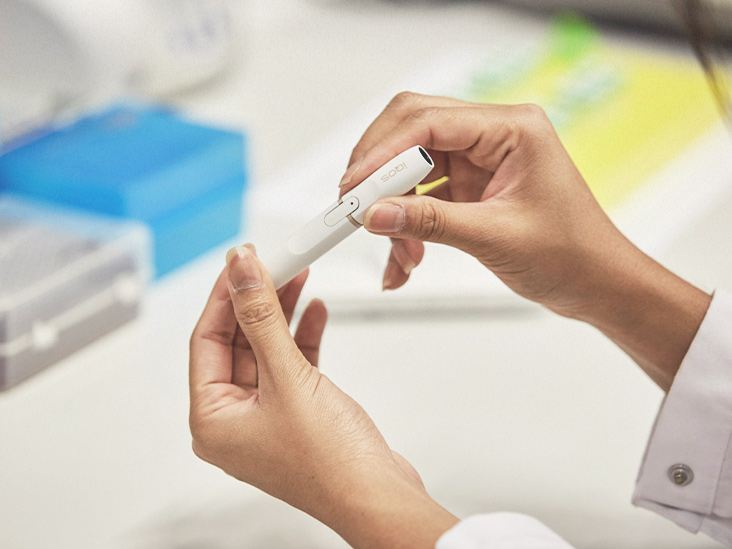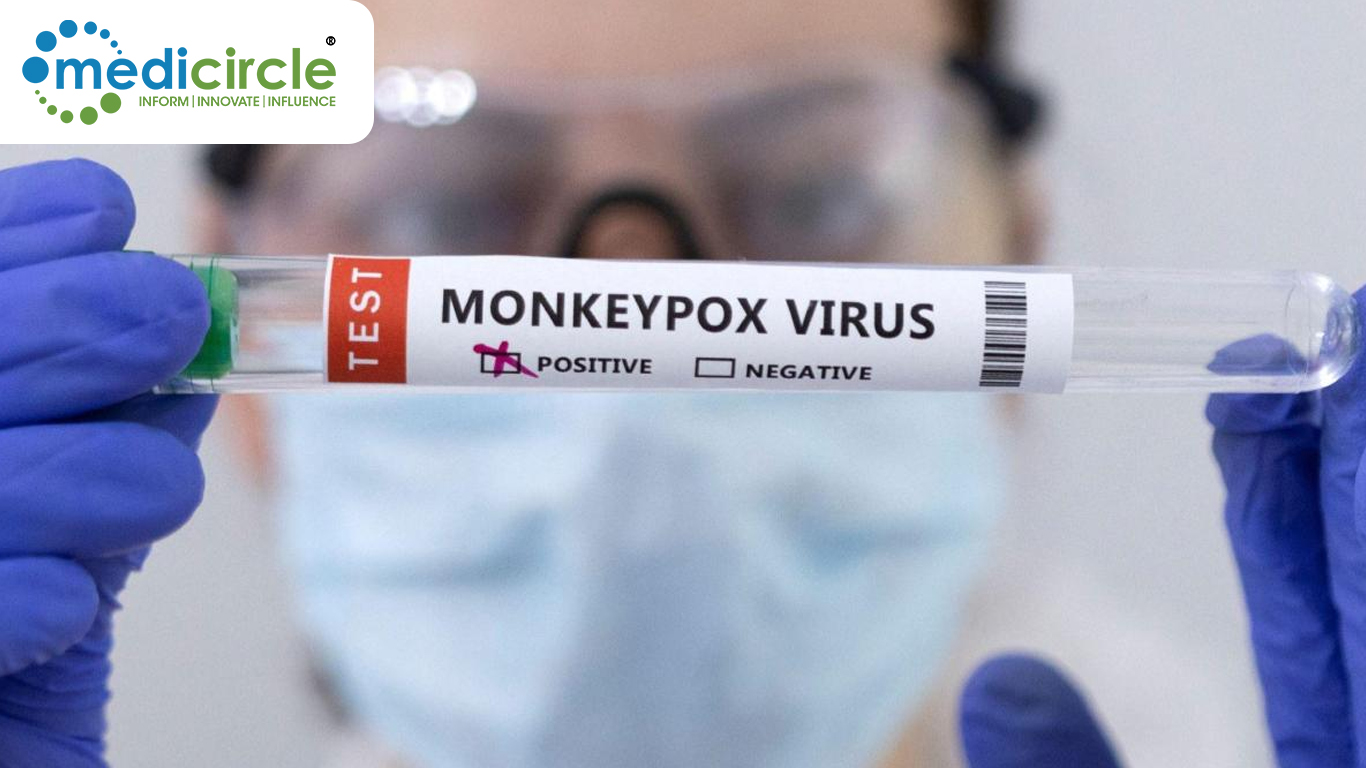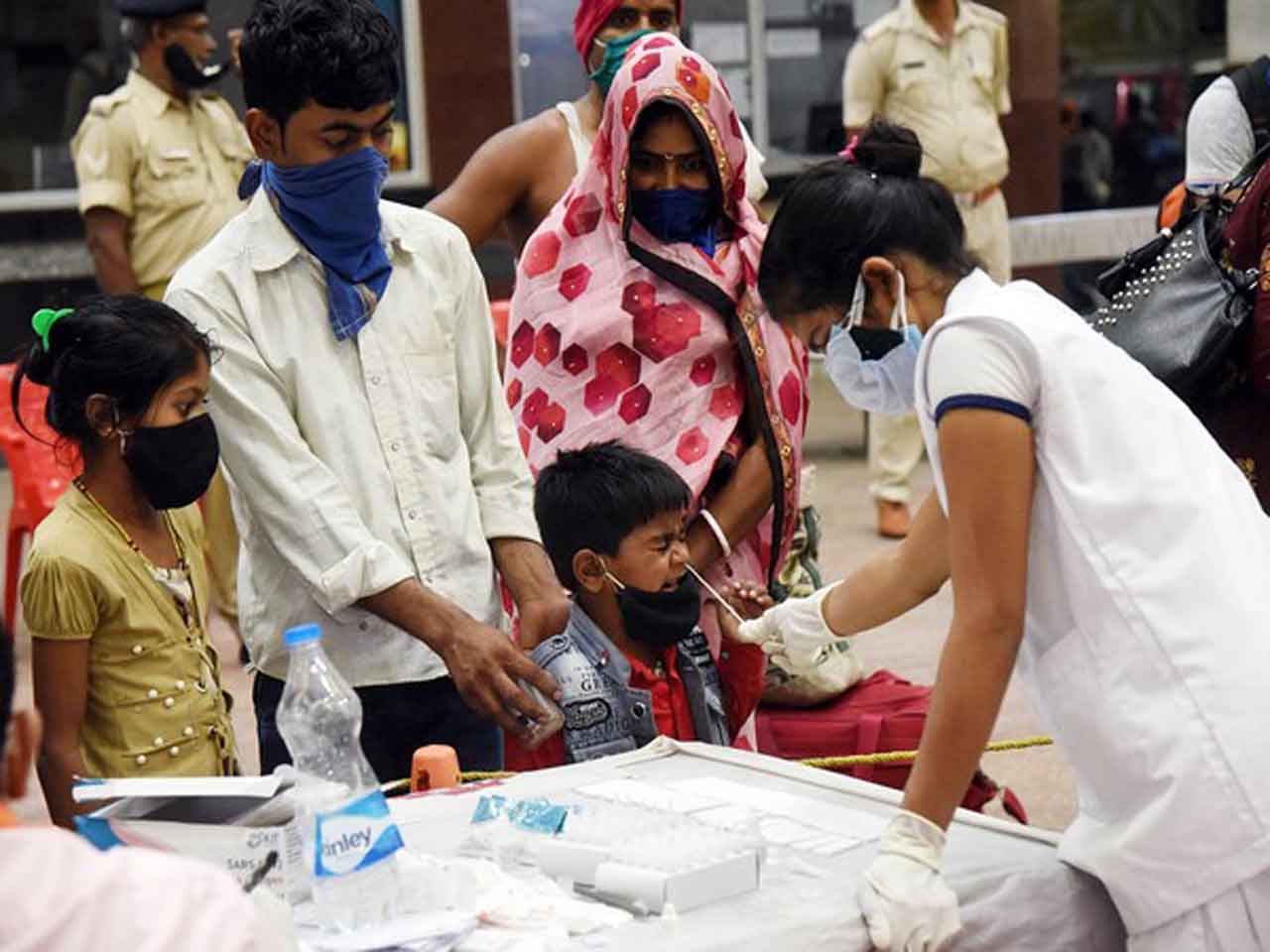The impact on lung cells of Heat not Burn products--a hybrid between traditional cigarettes and electronic vaping devices--may be no less harmful than that of conventional cigarettes, suggest the findings of a small comparative study, published online in the journal Thorax.
Heat not burn products contain nicotine and tobacco, but have been marketed by the tobacco industry as a less harmful alternative to conventional cigarettes on the grounds that they don’t produce specific harmful chemicals that are released when tobacco burns.
Smoking still kills 6 million people every year worldwide. It heightens the risk of coronary heart disease, stroke, peripheral artery disease, and abdominal aortic aneurysm, because it has a role in all stages of artery hardening and blockage. And it causes emphysema and pulmonary hypertension, because it contributes to the damage of blood vessels in the lungs.
Specifically, it contributes to endothelial dysfunction--whereby the lining of small and large blood vessels becomes abnormal, causing arteries to constrict instead of dilating, or blood vessels to become more inflamed; oxidative stress--an excess of harmful cellular by-products; platelet activation--creation of ’sticky’ blood; and plaque development that can block arteries.
The researchers wanted to find out if these effects could also be observed in people who used heat not burn products.
So they compared endothelial dysfunction, oxidative stress, and platelet activation in 20 non-smokers (average age 28), 20 long term conventional cigarette smokers (average age 27), and 20 long term users of heat not burn products (average age 33).
The conventional smokers had been puffing away for an average of 3.5 years, getting through 13 sticks a day; the heat not burn users had been getting through around 11 products every day for an average of 5 years.
The findings showed that compared with not smoking, long term use of heat not burn products was associated with reduced endothelial function and increased oxidative stress and platelet activation.
And there were no significant differences between conventional cigarette smokers and users of heat not burn products.
This is an observational study, so can’t establish cause. And the researchers acknowledge several limitations to their findings.
These include the small numbers of study participants involved, the lack of random allocation to each group, and the inability to confirm that a participant wasn’t a dual user of both conventional cigarettes and heat not burn products.
Nevertheless, they conclude: “If confirmed by other large studies, these findings could provide evidence to strongly discourage non-smokers to start using [heat not burn products] and to encourage [conventional cigarette] smokers to quit smoking.”
In a second linked study, a team of researchers assessed whether the use of heat not burn products helped Japanese workers to give up tobacco for good.
They offered a smoking cessation programme to 158 users of conventional cigarettes (94) alone and/or heat not burn products (64) between November 2018 and April 2019.
The workplace programme included prescription varenicrine or nicotine replacement therapy (NRT), counselling, and information about stopping smoking.
The quit rate was logged in August 2019, when 45 (29%) of the workers had successfully stopped using all tobacco products.
Those who availed themselves of pharmacological support were more likely to quit than those who didn’t (67% vs 11%) as were those who received counselling (69% vs 21%).
Analysis of the results showed that people who used varenicrine or NRT were 3 times more likely to stop smoking tobacco than those who didn’t.
But those who either used heat not burn products alone or in addition to conventional cigarettes (dual users) were 23% less likely than exclusive cigarette smokers to give up tobacco altogether, after accounting for age, tobacco dependence, previous quit attempts and use of pharmacological support.
This too is an observational study, and the researchers acknowledge that their study was small and restricted to healthy men in just one workplace. Smoking status was also self-reported and assessed at a single time point, and successful quitters weren’t asked how long they had stopped using tobacco.
But they point out that those who used heat not burn products in their study did so because they thought they were less harmful than conventional cigarettes.
“It is possible that the rhetorical phrases by tobacco industries attract and make consumers misunderstand that changing from cigarettes to [heat not burn products] can provide a healthier environment for themselves and their surroundings,” they suggest.
“Although [heat not burn products] are misunderstood to be less harmful, they expose users and bystanders to toxicants, and the evidence does not show that [they] will reduce tobacco-related diseases,” they add.
“Given that [heat not burn products] undermine cessation among smokers without providing health benefits, [they] should not be recommended for any purpose,” they conclude.
In a linked editorial, covering both research papers, Professor Irina Petrache, National Jewish Health, Denver, Colorado, and Dr Esther de Boer, University of Colorado, agree.
“[Both] reports provide impetus to conduct larger randomised validating studies and to assess the impact of [heat not burn products] on additional health parameters. Their work enriches the mounting evidence that [heat not burn products] are not safer than [conventional cigarettes], suggesting that any tobacco use should be strongly discouraged,” they write.

 Findings cast doubt on industry promotion of these products as a safer alternative
Findings cast doubt on industry promotion of these products as a safer alternative






.jpeg)


.jpg)
.jpg)










.jpeg)

.jpeg)










.jpg)




.jpg)

